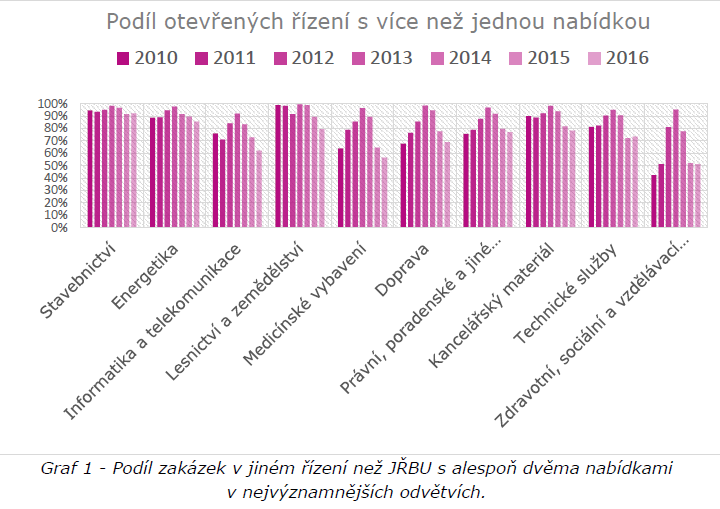
Experts in public procurement met on March 30 to discuss current situation and how has procurement reform improved ability to procure higher quality goods and services with Dan Ťok - Minister of Transport, Jaroslav Kračún - European Commision, DG GROW, Daniel Weinhold – Weinhold Legal and representatives of Jindřichův Hradec - Bohumil Komínek – First Deputy Mayor and Martina Pechová - Head of the Department of Regional Development.
----------
Photogallery available here.
Public procurement is a tool for achieving either greater efficiency in policy or lower cost.
Greater efficiency requires some definition of value, and value requires a clear and measurable definition of what is to be achieved by the procured product or service in the delivery of public goods or services by the government. In other words, you cannot achieve quality public procurement if there is no clear definition of what quality means for the policy that is affected by the product and service being procured.
Without a definition of quality, procurement can only be a tool for reducing costs. In a system that does not establish a value for quality, the lowest priced offer is the logical choice in any procurement.
The primary goal of the AmCham when it created Platform for Transparent Procurement was to increase the quality of public services by improving the efficiency of public procurement. We recognized that the Act on Public Procurement governed only the procedural part of procurement; it did not address how to connect procurement to the outcome of policy through better planning and establishing measurable outcomes.
Three of the side effects of this campaign to improve procurement were a focus on transparency, corruption, and lowest price.
Transparency is important for public trust. The public not only pays for all public procurement through taxation, but it also elects public officials to act as its representative in deciding procurement and is the primary beneficiary of all public services. Transparency, therefore, is an essential element in democratic stability.
On top of being a crime and a cause of democratic instability, corruption diminishes procurement as a tool to improve quality, increase efficiency, or lower cost. Any public agency wishing to deliver the highest quality at the lowest cost should have strict anti-corruption measures that exceed those required by the law.
Lowest price is not required by the law. It was the main message of those opposed to reform, and it has become a tool for public and private entities who wish to misuse procurement and the appeal process for their own interests. However, the dependence on lowest price to determine bid is greatly influenced by the inability or unwillingness of public authorities to establish measurable quality goals for public policy that could be used to create quality criteria for public procurement.
If you accept this argument, then the main question concerning public procurement is how well procurement is connected with improving the quality of policy affected by that procurement? Does that policy have measurable quality outcomes? Have those outcomes been translated into quality criteria for procurements related to that policy?
Answering those questions in the right way will have a far greater effect on the delivery of quality public service than the constant amendment of the act governing procurement. And it will increase transparency, reduce corruption, and replace the logic of delivering the lowest-priced public service with the most efficient one.
Read the text also in Czech here.
Download the FACT SHEET – VÝVOJ TRHU VEŘEJNÝCH ZAKÁZEK by EconLab.
